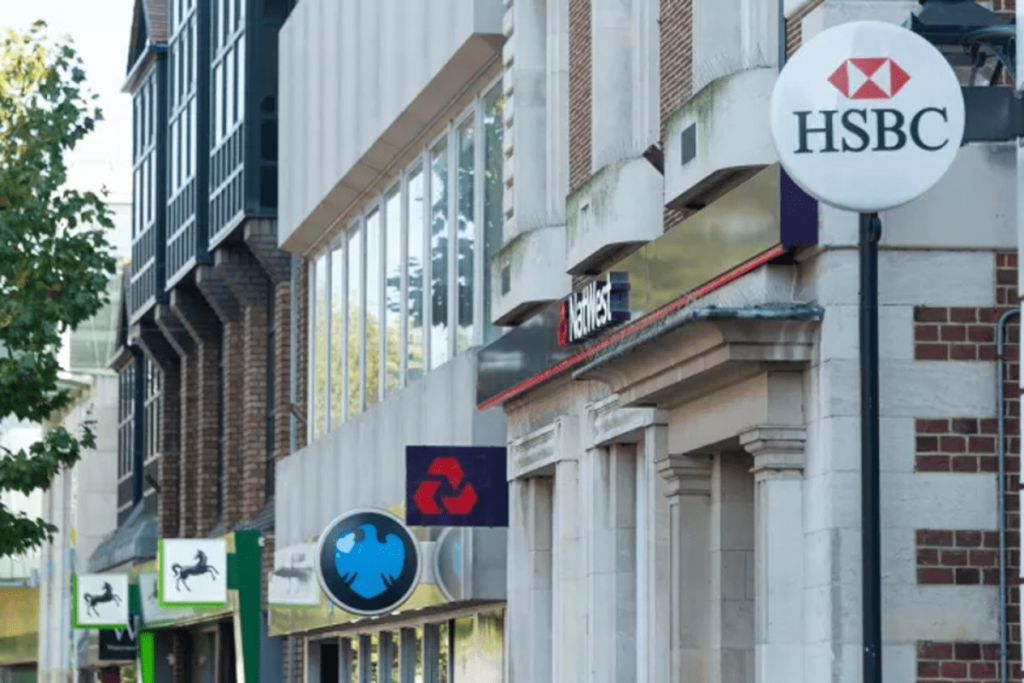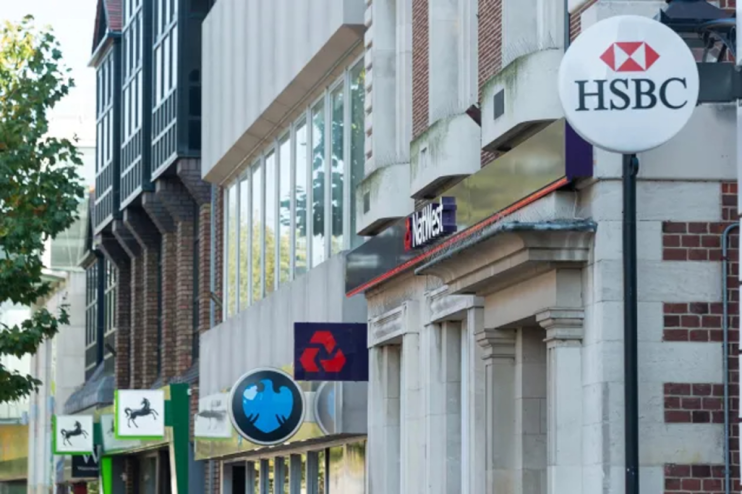Trending
- 5 Things to Know About Donald Trump’s Granddaughter – Hollywood Life
- Police descend on residential road
- M11 J7 southbound exit | Southbound | Broken down vehicle
- £140M and Rising: UK Lawtech Funding Booms
- Release Date, Cast & More About Colleen Hoover’s Story – Hollywood Life
- Ainslie heads 400 Olympians urging IOC to act on climate change
- Justice Secretary wanted top level meeting before Sunday’s Old Firm
- Enoch Burke family disrupt gala dinner attended by Taoiseach




Labour has decided against imposing a windfall tax on bank profits if it wins the general election on 4 July, as reported by Bloomberg News. This decision is part of an effort to gain support from the City of London, with the party also ruling out raising the surcharge on bank profits or introducing a financial transaction tax. A spokesman for shadow chancellor Rachel Reeves confirmed there are “no plans” for additional taxes on banks. Influential lobby groups like TheCityUK have strongly opposed a windfall tax, arguing it would make Britain less competitive by deterring businesses and investors.
Last year, the UK’s largest banks—Lloyds, HSBC, Barclays, and Natwest—posted substantial profits due to interest rate hikes by the Bank of England. These four banks reported a combined £44.2 billion in pretax profit, a 41 percent increase from 2022. Additionally, big banks earned over £9 billion in interest on their Bank of England reserves, up 135 percent from the previous year.
Non-profit advocacy group Positive Money estimated that a windfall tax on these profits could raise between £3.5 billion and £14 billion, while Bloomberg analyst Tomasz Noetzel projected a figure between £2 billion and £3 billion.
Labour’s stance aims to appeal to business leaders, with 120 business leaders recently expressing support for the party, citing economic instability and a lack of long-term focus. Conversely, Sky News reported that none of the 15 companies on Prime Minister Rishi Sunak’s business council would publicly endorse the Conservatives.